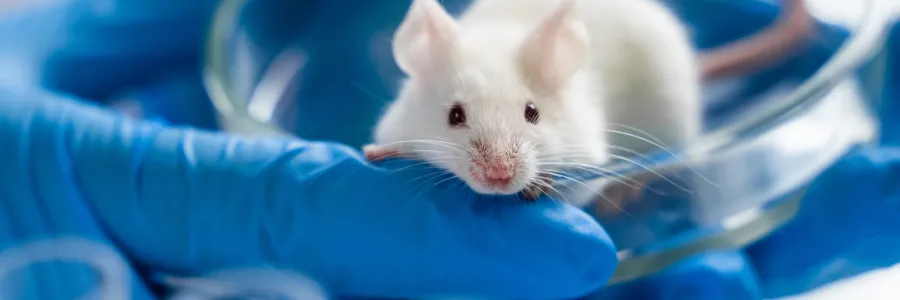Reporting Injuries when Working with Animals
This page provides guidance for 91次元 faculty, staff, students, and affiliated members on how to report and respond to injuries or accidents—including bites, scratches, needle sticks, hazardous materials, infectious agents, or other incidents— while working in laboratory settings or working with animals, including both laboratory and wild animals.
Prompt reporting and treatment are essential to ensure appropriate medical care, reduce the risk of complications, and maintain compliance with institutional and federal regulations.
When to Report an Injury
Report any of the following incidents:
- Animal bites or scratches
- Allergic reactions to animals (e.g., respiratory symptoms, skin reactions)
- Needle sticks or sharps injuries involving animal substances (e.g., injections, blood draws)
- Exposure to animal blood, tissue, urine, feces, or other biological materials
- Zoonotic disease exposures (e.g., suspected or confirmed contact with infected animals)
- Injuries sustained while restraining, handling, or transporting animals
- Eye, skin, or mucous membrane exposure to animal-related allergens or infectious agents
Immediate Steps to Take
- If the injury is a medical emergency, call 911 immediately.
- Flush the affected area with soap and water for 15 minutes.
- Notify the Principal Investigator (PI)/Supervisor and the Biosafety Officer.
- Seek Medical Attention:
- During business hours: Contact or visit Curry Health Center at (406) 243-4330. You may also visit any local urgent care facility, emergency room, or your primary care provider.
- After hours or in urgent situations: Go to the nearest emergency room or call 911 if necessary.
- :
- Complete the First Report of Injury Form through the Montana University System
Additional Resources
Depending on the nature of the injury, one or more of the following must be notified:
- Institutional Animal Care and Use Committee (IACUC): IACUC@mso.umt.edu
- Institutional Biosafety Committee (IBC): IBC@mso.umt.edu (if recombinant/synthetic materials, biohazards, or zoonoses are involved)
- Occupational Health Program (OHS): Dionne.Peterson@mso.umt.edu or 406-243-4330 (for monitoring and follow-up)
- Laboratory Animal Resources (LAR) or Attending Veterinarian: Kelly.Carrick@mso.umt.edu or Pam.Broussard@mso.umt.edu
